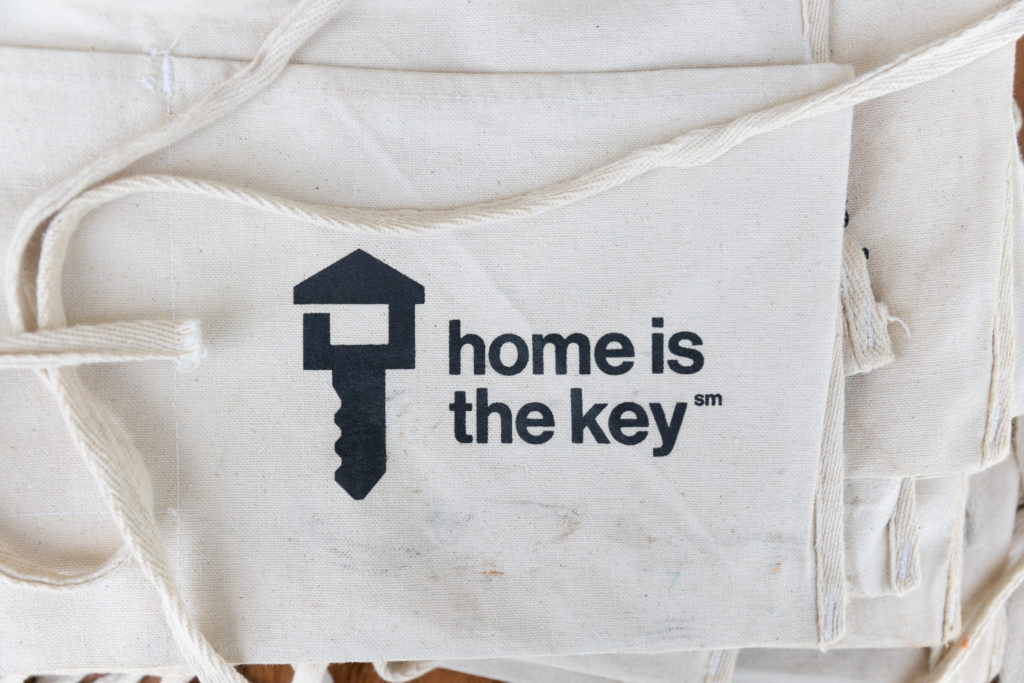Unfortunately, the answer is yes. The past few years have been a roller coaster for the housing market in Canada, and families are having a hard time finding their footing. Canada is struggling to ensure that citizens have access to decent and affordable housing.
In fact, homeownership is out of reach for about three-quarters of Canadians, according to a survey conducted by Manulife Bank. The biannual Debt Survey has shed light on how unaffordable life in Canada has become for most people.
Looking at the Numbers
Taking a look at the numbers reveals just how prevalent the problem is.
- Seven out of ten Canadians who do not own a home worry about saving up for one.
- One-third of Canadian homeowners admitted they relied on their parents for financial help when purchasing their first home.
- Three-fifths of Canadians admitted that the cost of living for their household has increased.
This isn’t limited to one age group either. Young people are feeling the effects of unaffordable housing. In the Manulife report, it was stated that nearly half (46%) of millennial homeowners have admitted they relied on financial support from their parents. Plus, nearly 1 in 7 parents of adult children admitted to helping their child make a down payment on a house.
In turn, these parents are facing unanticipated changes in their financial situation and the cost of living. Retirement plans, downsizing plans, and other goalposts these parents of adults have made may need to be changed. The problems only get bigger for everyone when individuals put bandages on them rather than actual solutions being created.
So, it’s clear unaffordable housing is everyone’s problem now, not just a few.
So What?
Now that unaffordable housing is everyone’s problem, not just the lower-income members of our community. It’s more pertinent than ever that this issue is improved before it continues to worsen.
But what exactly do unaffordable housing and lack of housing mean for Canada as a whole? Is it a problem? Yes. Canada is failing one of the United Nations (UN) outlines for 17 Goals to Transform Our World.
“The Sustainable Development Goals are a call for action by every country – poor, rich and middle-income – to promote prosperity while protecting the planet,” according to the UN.
Goal 11 is: make cities inclusive, safe, resilient, and sustainable.
About 82% of Canadians lived in cities as of 2016, according to the 2016 census. There are approximately 8700 people in Toronto who experienced homelessness in just the city of Toronto in 2018. The most populous city in the country lacks fundamental inclusivity and safety for 8700 people.
Not being able to confidently say that Canada meets these goals is a massive issue for the country. These are basic goalposts that shouldn’t be so difficult for us to reach.
Transforming the world, like the UN aims to do, won’t be achieved if the lives of Canadian citizens are still yet to see any meaningful change.
Isn’t Enough Being Done?
There is always more to do when ensuring everyone has a place to call home.
Lack of affordability is rooted in all facets of life right now, from gasoline to food to housing. Results from Equifax agree with the Manulife report and even states that personal debt among Canadians is mainly in part due to unaffordable mortgage payments.
Canadians don’t have the means to provide for their families and themselves, and that starts with a home.
As income inequality rises in Canada, income mobility becomes less prevalent and is not an option for Canadians, reports Statistics Canada. When housing costs make up nearly a quarter of all household spending and household debt is on the rise, people lack options to build a future full of possibilities.
With all of that to consider, there is a lot to do to ensure that things change for the better.
Sometimes steps are taken to help ease the burden of unaffordable housing by creating transitional housing and homeless shelters. But this should only be the start of what is done to improve the state of housing and homeless in Canada.
Organizations like Habitat HMD also exist to help people in need of decent housing and promote homeownership, but without long-term systemic change in how homes are treated in this country, groups like us will only be filling a void that shouldn’t exist.
Why Does Homeownership Matter?
People can rent, which isn’t wrong per se, but we do maintain that homeownership changes live.
If Canadians can own their homes, or rent to own, then that is how they can have their feet firmly planted for stability. Homeownership is an overall life improvement because it can help to give people the time and resources to focus on their work, health, and happiness. Having a safe and decent place to call home is the stepping stone to transforming in all other aspects of life.
Homeownership also opens up doors. It gives homeowners equity, so people can move freely, pursue new work, volunteer, and pursue the education they want. Canadians who are empowered by owning a home are able to contribute more to the economy and their communities, which can, in turn, make everyone’s lives better. It also creates generational wealth for families to continue their dream of homeownership.
Now What?
That’s why reports like the new ManuLife Bank survey matter. When we can clearly say that this is something Canadians care about and that needs to improve, the appropriate steps can be taken. The lack of affordable housing continues to be a significant social problem in Canada. You can help reduce the housing crisis by starting in your own backyard. Every voice can make a difference as we work together to build a stronger future for the next generation.
Read more about this topic on our Advocacy webpage. Check out our Twitter, Facebook, and Instagram to share your thoughts with us and find out more about what Habitat HMD is doing to promote homeownership in our community.

